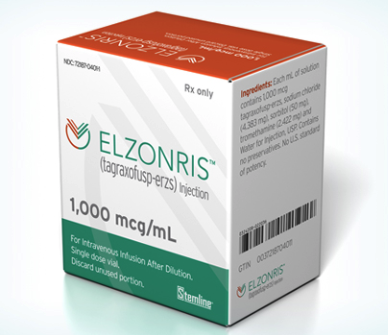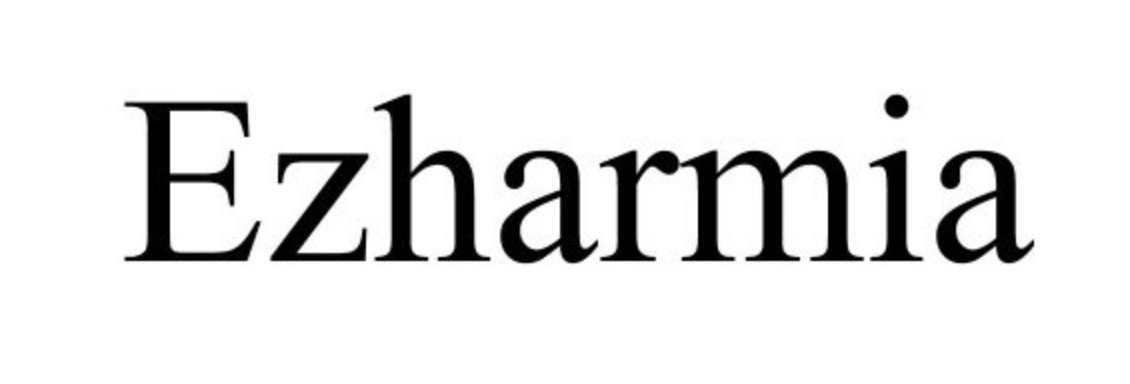Elzonris (tagraxofusp-erzs) vs Ezharmia (valemetostat tosilate)
Elzonris (tagraxofusp-erzs) vs Ezharmia (valemetostat tosilate)
Elzonris (tagraxofusp-erzs) is a targeted therapy approved by the FDA for the treatment of blastic plasmacytoid dendritic cell neoplasm (BPDCN) in adults and in pediatric patients two years of age and older. It works by targeting and binding to a protein called CD123 on the surface of cancer cells, delivering a toxic payload to induce cell death. On the other hand, Ezharmia (valemetostat tosilate) is an investigational, orally administered EZH1/2 dual inhibitor with potential antineoplastic activity, currently being studied for the treatment of various hematological malignancies and solid tumors; its safety and efficacy are not yet established by regulatory authorities for any indication. When deciding between these medicines, it is crucial to consider the specific type of cancer being treated, the medicine's approval status, and the patient's individual health profile, as discussed with a healthcare professional.
Difference between Elzonris and Ezharmia
| Metric | Elzonris (tagraxofusp-erzs) | Ezharmia (valemetostat tosilate) |
|---|---|---|
| Generic name | Tagraxofusp-erzs | Valemetostat tosilate |
| Indications | Blastic plasmacytoid dendritic cell neoplasm (BPDCN) | Currently under investigation for T-cell lymphoma |
| Mechanism of action | CD123-directed cytotoxin | DOT1L inhibitor |
| Brand names | Elzonris | Ezharmia (not yet commercially available) |
| Administrative route | Intravenous | Oral (assumed as it is in tablet form in trials) |
| Side effects | Capillary leak syndrome, nausea, fatigue, etc. | Not fully characterized; under investigation |
| Contraindications | Hypersensitivity to tagraxofusp-erzs or any of its components | Not fully established |
| Drug class | CD123-targeted therapy | Epigenetic modifier |
| Manufacturer | Stemline Therapeutics, Inc. | Daiichi Sankyo |
Efficacy
Elzonris (tagraxofusp-erzs) Efficacy in Treating Leukemia
Elzonris (tagraxofusp-erzs) is a targeted therapy approved by the U.S. Food and Drug Administration (FDA) for the treatment of blastic plasmacytoid dendritic cell neoplasm (BPDCN), a rare form of leukemia. It is the first therapy specifically indicated for BPDCN, which is typically an aggressive and difficult-to-treat disease. Clinical trials have demonstrated that Elzonris can induce remission in a significant proportion of patients with BPDCN. In the pivotal trial that led to its approval, Elzonris showed a complete remission (CR) or CR with a skin normalization (CRc) rate in 54% of patients. The median duration of CR/CRc was observed to be 8.3 months, indicating a meaningful clinical benefit for patients with this rare leukemia.
Elzonris works by targeting and binding to the interleukin-3 receptor (CD123), which is overexpressed on the surface of BPDCN cells, and delivering a cytotoxic agent directly to the cancer cells. This mechanism allows for the selective destruction of malignant cells while sparing normal cells, thus offering a therapeutic advantage. It is important to note that the efficacy of Elzonris for other types of leukemia has not been established, and its use is currently limited to BPDCN.
Ezharmia (valemetostat tosilate) Efficacy in Leukemia
Ezharmia (valemetostat tosilate) is an investigational drug that is being studied for its efficacy in treating various hematologic malignancies, including leukemia. Valemetostat tosilate is an enhancer of zeste homolog 2 (EZH2) inhibitor, which plays a role in the epigenetic regulation of gene expression. Dysregulation of EZH2 has been implicated in the pathogenesis of several types of cancer, including leukemia. While Ezharmia has shown promise in preclinical studies and early-phase clinical trials, it has not yet received regulatory approval for the treatment of leukemia or any other condition as of the knowledge cutoff date.
Early clinical data suggest that Ezharmia may have potential in treating leukemia patients, particularly those with mutations or overexpression of EZH2. However, the efficacy and safety profile of Ezharmia in leukemia patients are still under investigation, and more extensive clinical trials are needed to determine its therapeutic value. As an experimental therapy, Ezharmia continues to be evaluated in clinical studies to better understand its efficacy, optimal dosing, and potential side effects in the treatment of leukemia.
Regulatory Agency Approvals
Elzonris
-
European Medical Agency (EMA), European Union

-
Food and Drug Administration (FDA), USA

Ezharmia
-
Pharmaceuticals and Medical Devices Agency (PMDA), Japan

Access Elzonris or Ezharmia today
If Elzonris or Ezharmia are not approved or available in your country (e.g. due to supply issues), you can access them via Everyone.org.
How it works

Make an enquiry
Choose the medicine you want to buy, answer a couple of questions, and upload your prescription to speed things up. We’ll get back to you within 24 hours.


Make an enquiry
Choose the medicine you want to buy, answer a couple of questions, and upload your prescription to speed things up. We’ll get back to you within 24 hours.


Breeze through the paperwork
We'll guide you through the required documents for importing unapproved medicine, ensuring you have all the necessary information.


Get a personalized quote
We’ll prepare a quote for you, including medicine costs and any shipping, administrative, or import fees that may apply.


Receive your medicine
Accept the quote and we’ll handle the rest - sourcing and safely delivering your medicine.

Some text on this page has been automatically generated. Speak to your physician before you start a new treatment or medication.
Let's talk
If you have any questions, call us or send us a message through WhatsApp or email:
Contact us




